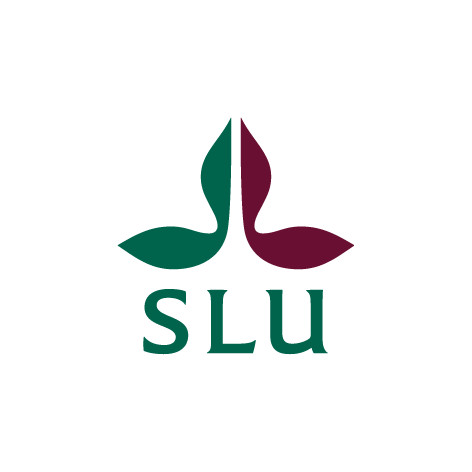Speakers
-
 Virginia PignataActivist from Food Wave – ACRA
Virginia PignataActivist from Food Wave – ACRAVirginia has a background in social and political studies, which has prompted her to always move with curiosity and a certain discomfort through different worlds.
Today she works for Fair Trade and tries to do her part for the due systemic change in food systems.
She often talks about fruits, markets, neighbourhoods and animals. -
 Dylan WallmanPhD at the Swedish Agricultural University (SLU)
Dylan WallmanPhD at the Swedish Agricultural University (SLU)Dylan Wallman is a horticultural scientist from Sweden specialised in organic plant breeding and agrobiodiversity. He is currently doing a PhD at the Swedish Agricultural University (SLU) where he is intercropping faba beans and peas for organic farming systems. Besides the research he is involved in seed saving networks and has a facebook page called ‘D for Diversity’ to promote agrobiodiversity.
Eating (the) city: biodiversity in urban diets
Main objective of the workshop
The increasing presence of food places in cities shapes our habits and consumption patterns. However, the social and environmental impacts of food systems often fail to reflect into a dining offer with little biodiversity. Causes and counteractions to the phenomenon of foodification will be discussed.
Short description of the workshop
Foodification of once multifunctional neighbourhoods is the widespread process by which restaurants and cafes progressively replace shops that served the daily needs of residents. Contemporary food ethos tends to commodify the experience of eating as the central part of social life – one aperitivo and “cheat meal” at a time. Reduced to its hedonistic and leisure component, the act of eating is thus separated from its political dimension and the decreasing socio-biodiversity of urban spaces eventually reflects into standardized menus with little agro-biodiversity. Reflecting on common trends in European cities, we will discuss good practices to promote the consumption of biodiversity in diets.






